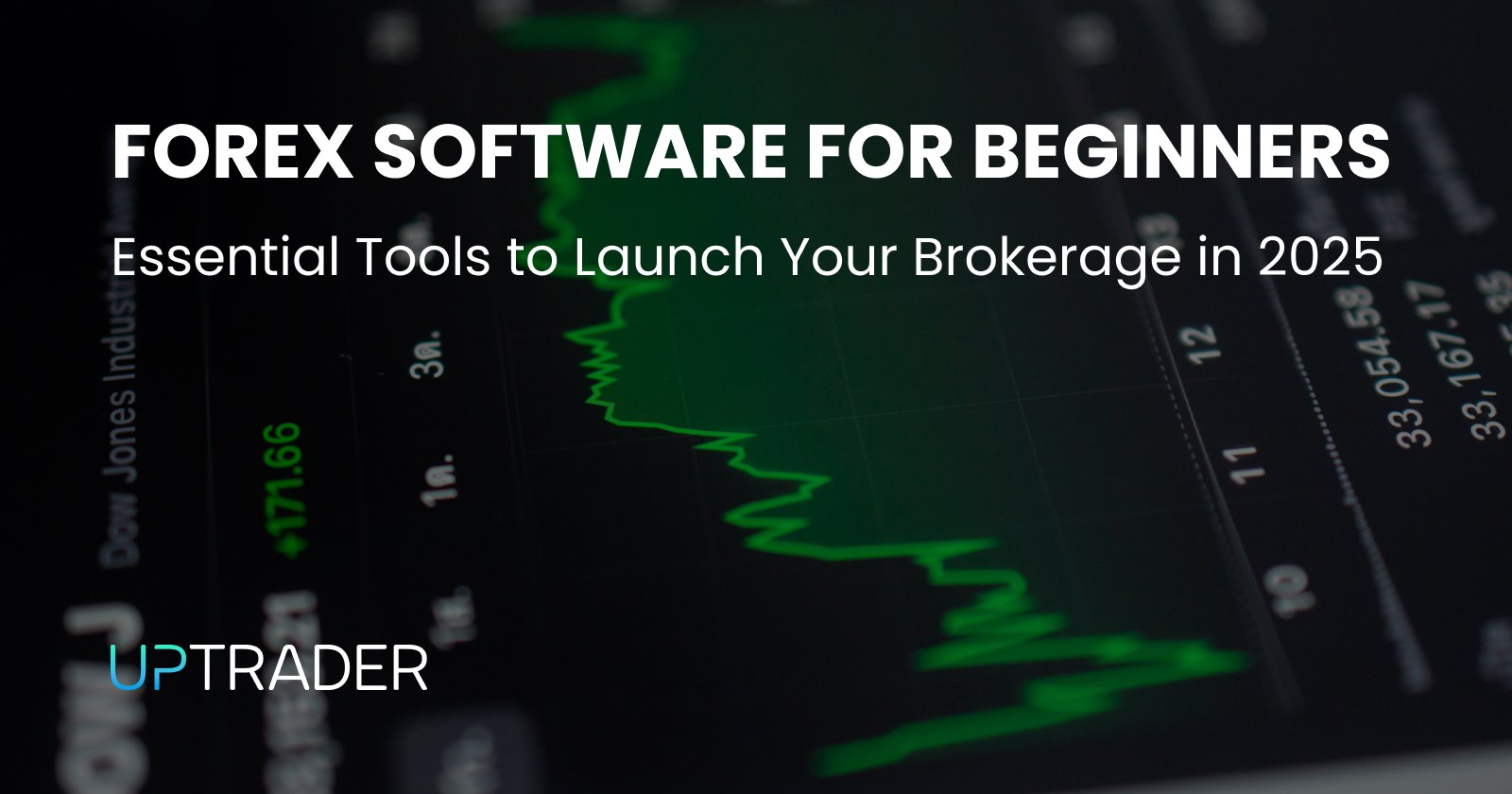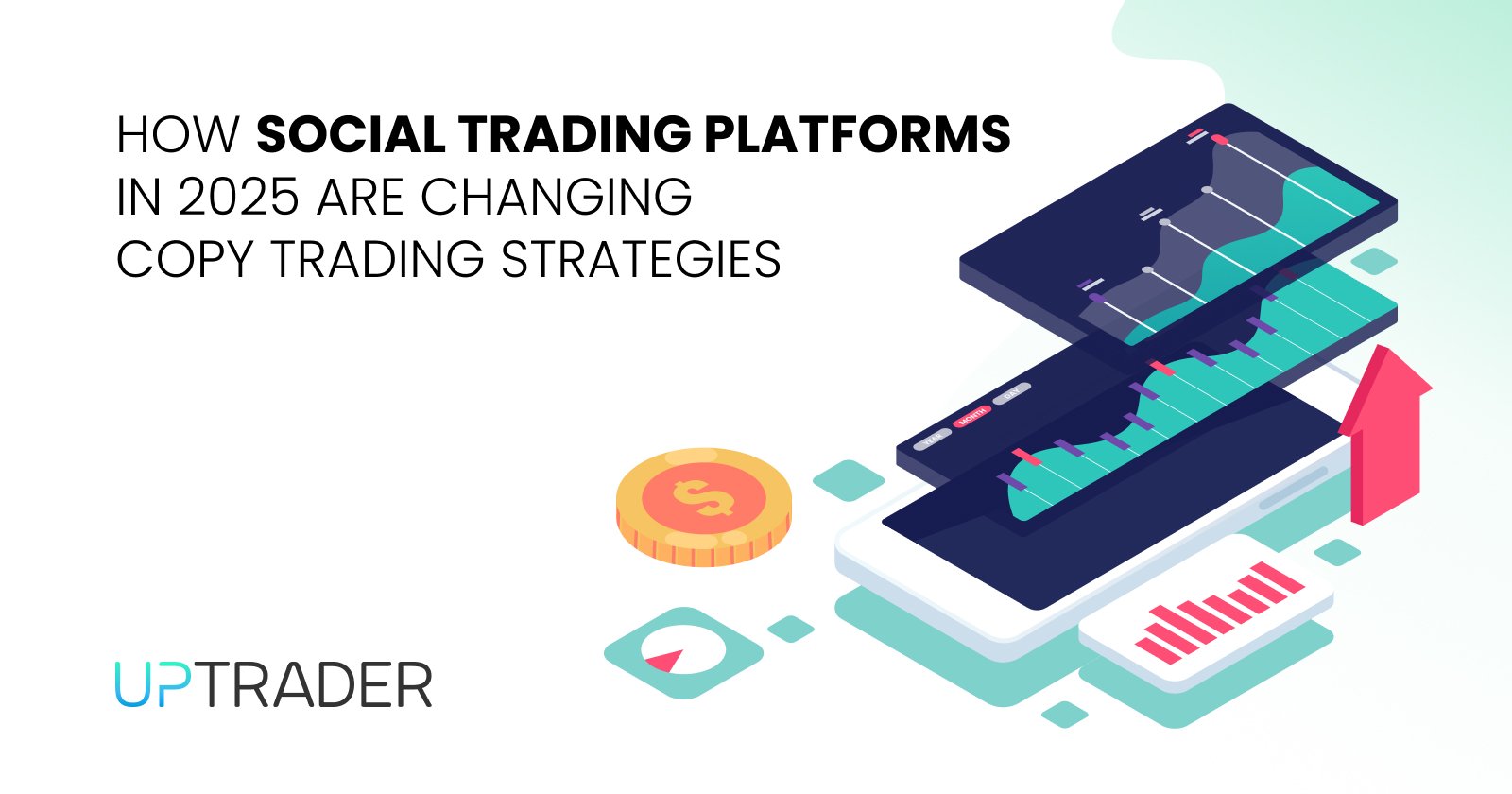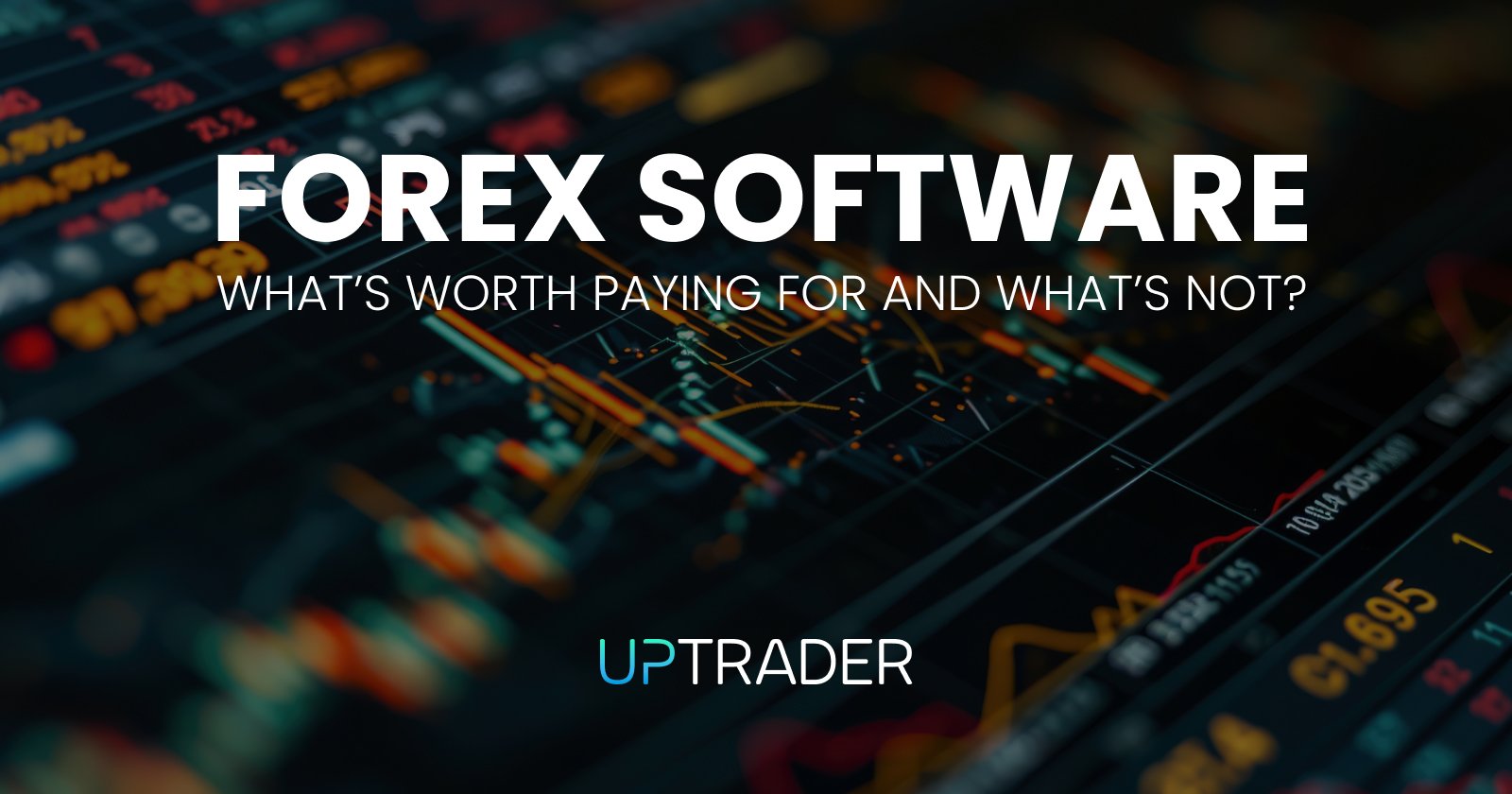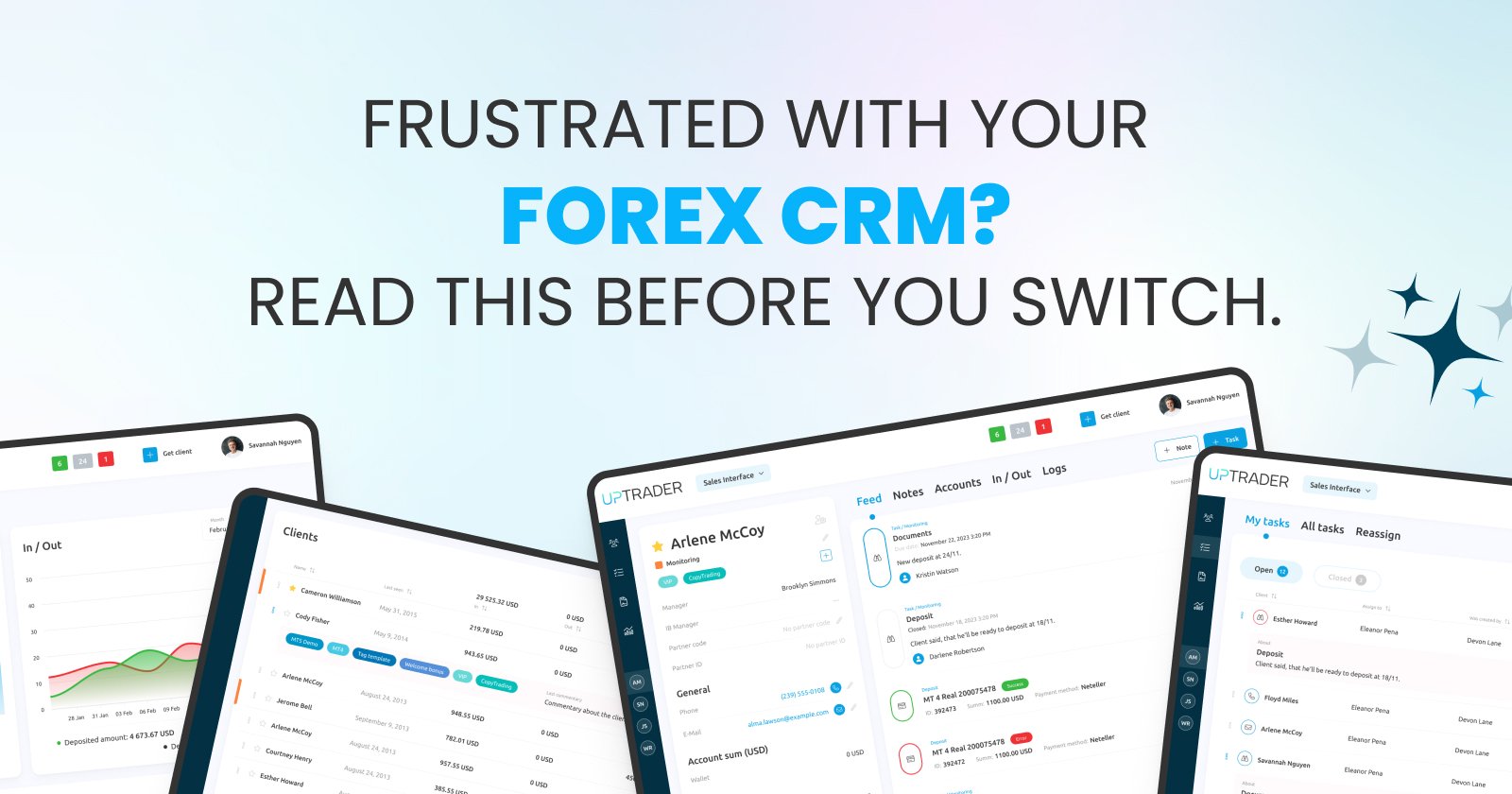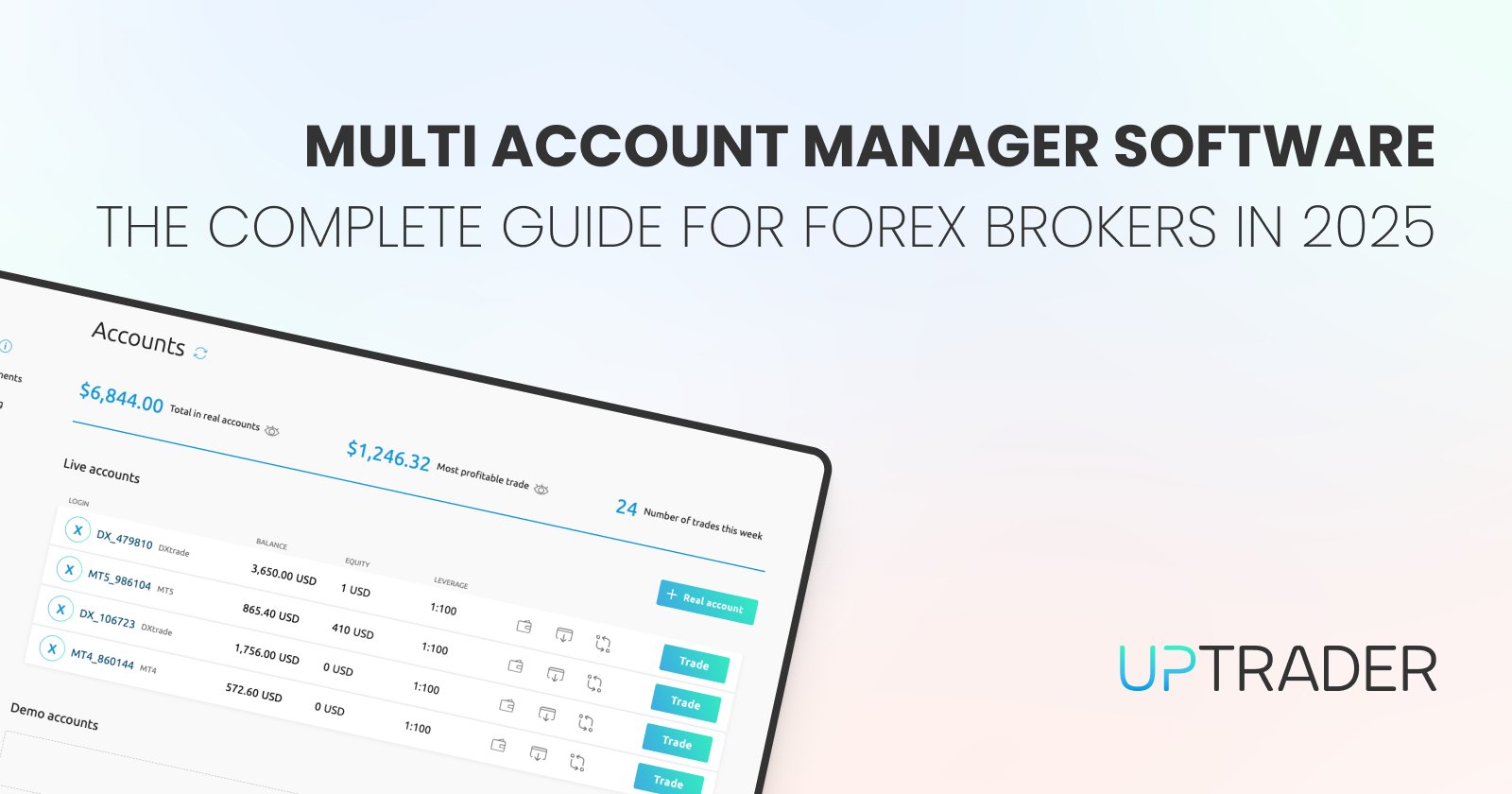
Multi Account Manager Software: The Complete Guide for Forex Brokers in 2025
Let's be honest. The retail trading industry is changing rapidly. Offering clients high-value bonuses just for signing up is a bygone era. Traders today are better informed and more sophisticated. They want more than an account with a broker just to place trades; they want community support, a well defined investment approach, and advanced investing pathways. For modern day forex brokers, this is an untapped source to build loyalty, asset under management (AUM), and sustain the business for the long term, and for them, this is an opportunity, not a challenge. To capitalize on this opportunity, brokers need a Multi Account Manager Software.
MAM software is more than backend IT. It is the new spine of a more modernized connected form of trading. It forms the basis of a new trading ecosystem where strategy providers and their followers can interact. If you haven't been keeping track of your MAM solution, you’re not simply underprepared for what lies ahead; you just haven't been paying attention to the trends in the industry. This guide will show you the developments and partnerships brokers need to make in order to make MAM software an indispensable tool in their business in 2025.
What Multi Account Manager Software Really Is
You likely already know the textbook definition. MAM software allows a professional money manager (or a skilled trader) to execute trades across a pool of subordinate investor accounts from a single master account. But in 2025, it's so much more than that.
It's your primary business development tool. The onboarding of professional traders and sponsoring firms seeking for retail liquidity along with highly praised social traders with bigger followings is facilitated by a system. These people don't just become clients; they become partners and bring along a whole community into your brokerage.
You are not just providing them with an account; you are providing a versatile, transparent follower management system and a whole community of prospective traders. The appropriate MAM software will equip your trading platform, whether it is Trading Platform 4 or 5, a custom solution, or any other system, and it will enhance your system's productivity. It maintains fairness and transparency for the strategy director and the investors for the complex profit allocation, risk management, and allocation mathematics performed in real time.
Why Your Brokerage Absolutely Needs a MAM Solution in 2025
The market dynamics are clear. Here’s why investing in a superior MAM system is critical for your growth next year.
1. Attract and Retain High-Value Clients: The most valuable clients on your books are no longer just the lone wolves with large deposits. They are the strategy managers. These individuals control significant cumulative capital through their follower base. They will only partner with a broker that offers a powerful, reliable, and feature-rich MAM system. Lose the MAM, and you lose the manager and all their investors simultaneously.
2. Significant Revenue Growth: This is the bottom line. MAM accounts greatly enhance your trading volumes. From a single trade from the master account, dozens, hundreds, or even thousands of trades can be executed on the follower accounts. This will enhance your spread and commission earnings. Also, the larger your AUM, the more stable your client base, which reduces churn from a high bad trade ratio, and generates more swap income.
3. Build a Sustainable Competitive Moat: Many brokers offer similar leverage, instruments, and platforms. A truly advanced MAM system can be your unique selling proposition (USP). When a talented manager evaluates brokers, they will choose the one with the most flexible allocation models, the most robust risk management tools, and the smoothest operational workflow. Your MAM software becomes a barrier to entry for competitors.
4. Enhanced Risk Management and Compliance: Most modern MAM systems are constructed with regulatory compliance as an integral component, equipped with an overarching view of the risk taken by the manager in the whole account pool. The limits you can set, such as drawdown and exposure limiter, will shield your clients and brokerage from dangerous risk. This control will become more and more valuable for your organization in the coming years as scrutiny increases.
5. Future-Proofing for the Social Trading Boom: The transition between conventional money management and social trading becomes even more enigmatic. Supports this evolution. It allows signal providers on the social trading platform to change smoothly to professional strategy managers. They will be managing larger pools of capital with more sophisticated tools.
Key Features to Demand from Your MAM Provider in 2025
Not all MAM software is created equal. Technology has evolved rapidly. When you evaluate potential solutions, you must insist on these critical features.
1. Allocation Methodology Flexibility: The one-size-fits-all approach is obsolete. Your managers need choice.
- Lot Allocation: Splits trades based on volume (lots) proportionate to each investor’s equity.
- Equity Allocation: Distributes trade volumes in relation to an investor's equity proportion within the total pool.
- Balance Allocation: The same as equity, but the account balance is used, ignoring floating profit/loss.
- Fixed Lot/ Fixed Ratio: Empowers managers to ascribe a fixed lot size or fixed ratio to specific investors, perfect for testing strategies on smaller accounts.
2. Granular, Tiered Risk Management: This is non-negotiable.
- As a trading strategy ritual, include a comprehensive global stop-loss/take profit on the master account.
- Set the master account balance cap independently for the aggregate account losses and the losses on each investor separately.
- Symbol Restrictions: Block certain investors from trading on certain instruments.
- Real-Time Risk Monitoring: a live dashboard that warns you and the manager for violations before violations happen, and that is synched to undue breaches.
3. Seamless Integration and Performance: The software must be an invisible, powerful engine.
- Deep Trading Platform 4/5 Integration: It should plug directly into your trading servers with minimal latency. Cloud-based solutions are now superior for stability and scalability.
- Near-Zero Latency Execution: Speed is critical. To ensure no slippage and fairness, the allocation engine must almost instantly execute trades across all accounts.
- High Scalability: The system must support a greatly expanded number of accounts and a high volume of trades, without a loss of performance.
4. Comprehensive Reporting and Transparency: Trust is earned. Thus, your MAM must render unambiguous reporting for both the manager and the investors. Comprehensive Reporting and Transparency:
- Performance Reports: Trade and investor audit trails. P&L statements, drawdown analysis, and reports on performance fees earned.
- Each investor is given a secure login through the investor portal to view real-time performance, allocation, and fees.
- Compliance purposes automated timestamped audit trails for every action, trade, and allocation.
5. Automated Fee Calculation and Settlement: Manually calculating performance fees is a nightmare waiting to happen. And to stop this potential nightmare you have to automate this process.
- Flexible fee structures: Supports high-water-mark calculations, hurdle rates, and various profit-sharing models (e.g., 30/70 split).
- Automated invoicing and Settlement: The capability to transfer funds from the investor's account to the manager's account on a scheduled basis. This can be done with the automatic deduction of fees from the investor's account.
Implementing MAM Software: A Strategic Blueprint
Adding this technology isn't just an IT ticket. It's a core business strategy.
First, you must choose a technology partner, not just a software vendor. Look for a provider with a proven track record, exceptional support, and a product roadmap that aligns with the future of trading. They should understand your business, not just their code.
Next, integrate and test ruthlessly. The integration with your CRM, your liquidity feeds, and your reporting systems must be flawless. Conduct rigorous stress tests simulating peak trading volumes to ensure stability.
Then, train your teams. Your sales, retention, and support staff must become experts in explaining the value and functionality of your MAM offering. They are your frontline advocates.
Finally, launch and promote. Don't hide this powerful tool. Feature it prominently on your website. Create dedicated landing pages for strategy managers. Your existing clients with proven track records are your first potential managers—reach out to them directly. This is a proactive business development initiative.
The Bottom Line for Your Brokerage
Viewing MAM software as a simple utility is a strategic mistake. In the competitive landscape of 2025, it is a fundamental pillar for growth, differentiation, and stability. It allows you to pivot from being a mere facilitator of trades to becoming a true partner for success, hosting a vibrant community of talent and capital.
The question is no longer if you need a sophisticated MAM system, but which one you will choose to empower your brokerage for the next decade. The right choice will not only streamline your operations but will actively become your most powerful engine for acquiring valuable clients and generating consistent, scalable revenue. The future of forex brokerage is collaborative. Your MAM software is the invitation.
If you want to try UpTrader Invest with amazing functionalities such as PAMM, MAM, Money Management, and much more, then talk to a consultant on our site today to help you set up your software to your needs!





